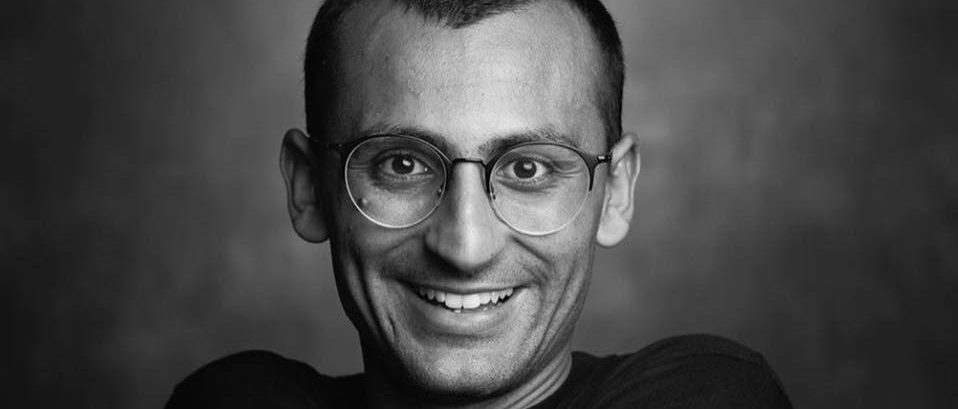Next Monday (February 20th) the World Day of Social Justice , a date declared by the UN , which invites everyone to reflect on the importance of strengthening global solidarity and dialogue to overcome barriers and generate opportunities in the world. combating inequalities. This date and this thought are in line with the activities of the Bem Maior Movement , which was born, precisely, believing in philanthropy as being a driving force for social justice to be deeply established in Brazil.
When we talk conceptually about this type of justice, we are referring to a commitment that members of civil society and governments must have to compensate for social imbalance and ensure equal rights. The American philosopher John Rawls (1921-2002), author of “A Theory of Justice” (one of the most important works of philosophy of the 20th century), sought in his works to understand how a just society can be built.
To achieve equity, Rawls pointed out the need to guarantee fundamental freedoms and equal opportunities, with disparities only being acceptable if they help the most disadvantaged.
When we observe the current reality of Brazil and several other nations, unfortunately, we see how brutal the imbalance is, with populations suffering because of economic crises, corruption, armed conflicts, disasters and many other factors. In this context, Social Justice Day means a new call for mobilization around initiatives that seek to provide responses at regional, national and global levels.
An efficient way to respond to this mission for social justice is to support and invest in strategic philanthropy , which strengthens civil society organizations so that they are able to prepare, structure themselves and act to achieve systemic transformation.
Philanthropy – supported by private social investment (which is the mobilization of private resources for public purposes, carried out in a planned, monitored and systematic manner) – can act as a catalyst for change towards a more dignified society.
For this to occur, it is essential that institutions receive the necessary support to take steps beyond specific projects and move firmly, with long-term planning and intentionality, towards the roots of the problems.
When an organization manages to develop, for example, a solution that promotes food production in a sustainable and appropriate way for the semi-arid region, the result can be transformative, as the benefiting region benefits from increased production for subsistence and income generation. By supporting a project like this, strategically in its purpose, civil society makes systematic transformation a reality.
Viewing strategic philanthropy in this way, as a means for social justice, is a practice that materializes in the activities of the Greater Good Movement. As a financing organization, we support with financial resources and expertise, in addition to building bridges between initiatives, using methodologies that aim to have a positive and permanent social impact on the quality of life of a large proportion of Brazilians.
The focus on generating transformation is present in the work stages of the Greater Good Movement, whether in defining priority causes, selecting initiatives and monitoring results. For example, one of the practices adopted in social investment processes is the curation and sharing of successful experiences so that projects with scale potential can expand their impact and become a reference for the development of public policies.
That the reflection brought about by World Social Justice Day would attract more members of society to the fight for a Brazil of equity. The causes to be acted upon are complex and diverse, but, by combining our efforts, we are on the right path to reducing social inequalities and guaranteeing equal rights.





